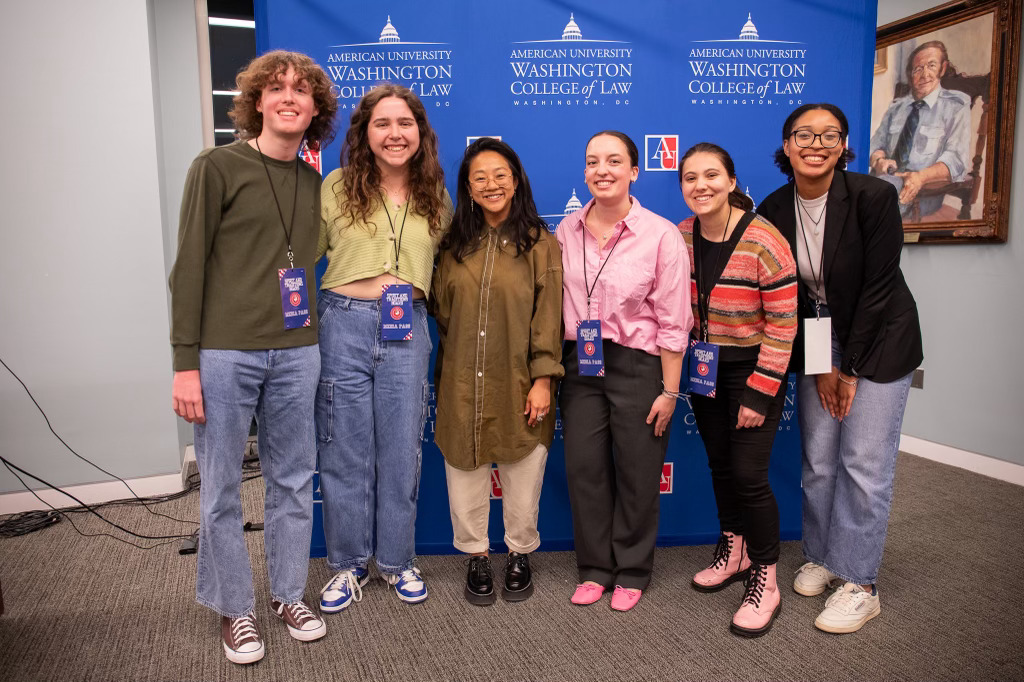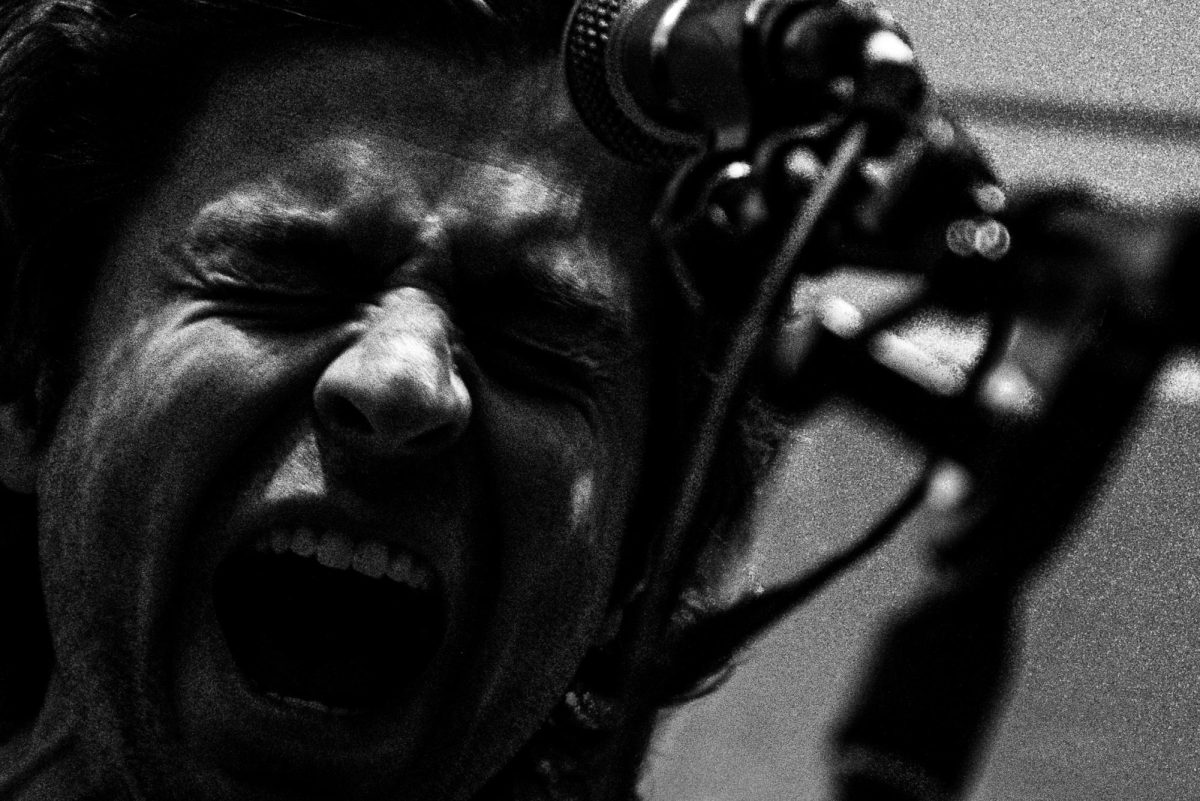WVAU Loves…Graceland
April 5, 2011
This article was supposed to be about the new Fleet Foxes album. But after listening to exclusively Helplessness Blues for two days or so, all I could think about was Paul Simon. Simon’s influence is palpable on Helplessness Blues, in its lyrics full of existential musings and wordless refrains, and especially on Pecknold’s vocals, which are eerie in their similarity to Simon’s. When I talk about his influence in this context, I’m referring to Paul Simon as half of Simon and Garfunkel, folk master, “Mrs. RobinsonÛ, his career through the 1960s and 70s. Nobody can deny Simon can write a great folk song and deliver it with the voice of an archangel. But Paul Simon didn’t really become interesting until he discovered mbaquanga. Simon’s fabled 1986 album Graceland was undoubtedly a detour from his usual folk narratives, and theoretically speaking, a Paul Simon excursion into recording world music sounds like a terrible idea. Experiments this strange rarely play out well, and the story of Graceland is almost too dramatic to be real. But Graceland, Simon’s foray into traditional South African music, sold fourteen million copies and became a touchstone in pop music.
Graceland was born from Simon’s boredom and disappointment following his unsuccessful Hearts and Bones. The disco era, it seemed, had no patience for Paul Simon, whose career was stuck in a post-seventies rut. And then, as the story goes, Paul Simon was driving his car one day, and turned on a friend’s cassette of “Gumboots,” an instrumental piece of “street jive music” by the Boyoyo Boys, a group from Soweto, South Africa. Simon went home, recorded vocals over “Gumboots” (a retooled version would appear on Graceland) and, with a stalled career and nothing to lose, headed to Johannesburg in the midst of the raging apartheid. Graceland isn’t an album explicitly about apartheid, but its underlying themes of race, isolation, and struggle reflect the turbulent environment in which it was recorded. Simon managed to fuse his own pop stylings with those of South African artists to make an album that sounds like a traditional Paul Simon record, and at the same time like nothing he’s ever recorded. The album was a gigantic commercial success, selling fourteen million copies and winning a handful of Grammys. His experiment went platinum five times. Granted, the album’s success was driven by smash hit “You Can Call Me Al” and its ubiquitous synth line. It’s the only song on the album that sounds dated, and other cheesy eighties relics are nowhere to be found on Graceland. And though our generation immediately equates “a cappella” with Glee and has reduced Ladysmith Black Mambazo to a cringe-worthy Mean Girls punchline, the transcendent South African male vocal group’s presence on Graceland results in two of the album’s strongest songs, “Homeless” and “Diamonds on the Soul of Her Shoes.” Simon doesn’t even appear on “Homeless” until the last minute, the song instead featuring Ladysmith singing one of their original songs with a haunting anti-apartheid plea. The emotion of “Homeless” is second only to the album’s title track. “Graceland” deals with loss and loneliness, the story of a man and his child on a quiet journey of redemption after the disintegration of a marriage, through arguably the best lyrics that Simon has ever penned.
Critically, things were more turbulent for Graceland. Critics accused Simon of tacking aspects of South African music onto his songs as a gimmick to sell records, in an act of “musical colonialism.” These critics were foolish and wrong; maybe they just listened to “You Can Call Me Al.” Because Simon didn’t just throw a syncopated beat and a pennywhistle onto a few songs and call it South African-inspired. Simon wasn’t only inspired by the distinct sounds of mbaquanga, but also by how it reminded him of 1950’s R&B, how he could draw parallels between popular music of America and that of a nation halfway around the world. Graceland isn’t the product of an artist only interested in cutting and pasting aspects of South African music ÛÒ in that case, he would have just slapped his vocals on an album’s worth of Boyoyo Boys songs and sold it to the masses as world music. Graceland shows Simon’s deep reverence for South African musical traditions, an outsider connecting with South African musicians and appreciating their work as art.
So yeah, the new Fleet Foxes is solid. But after I was finished with Helplessness Blues, I put on Graceland, and it was infinitely more interesting. And if Robin Pecknold were to retreat to Africa for a few years and invite Ladysmith on his next release, that’d be perfectly fine by me.













